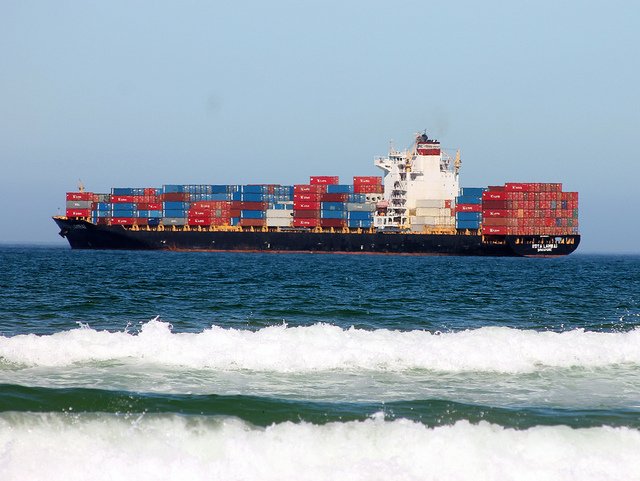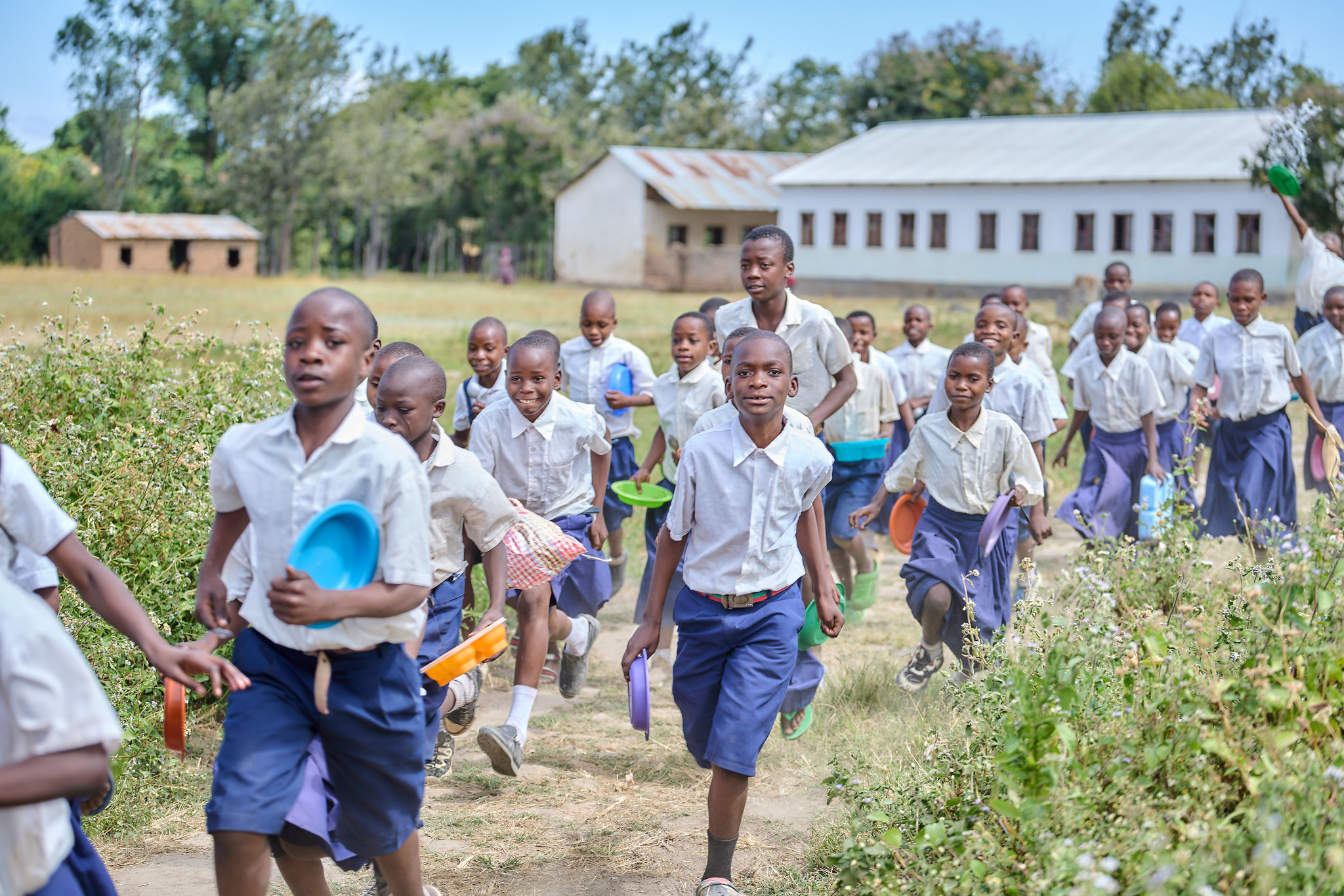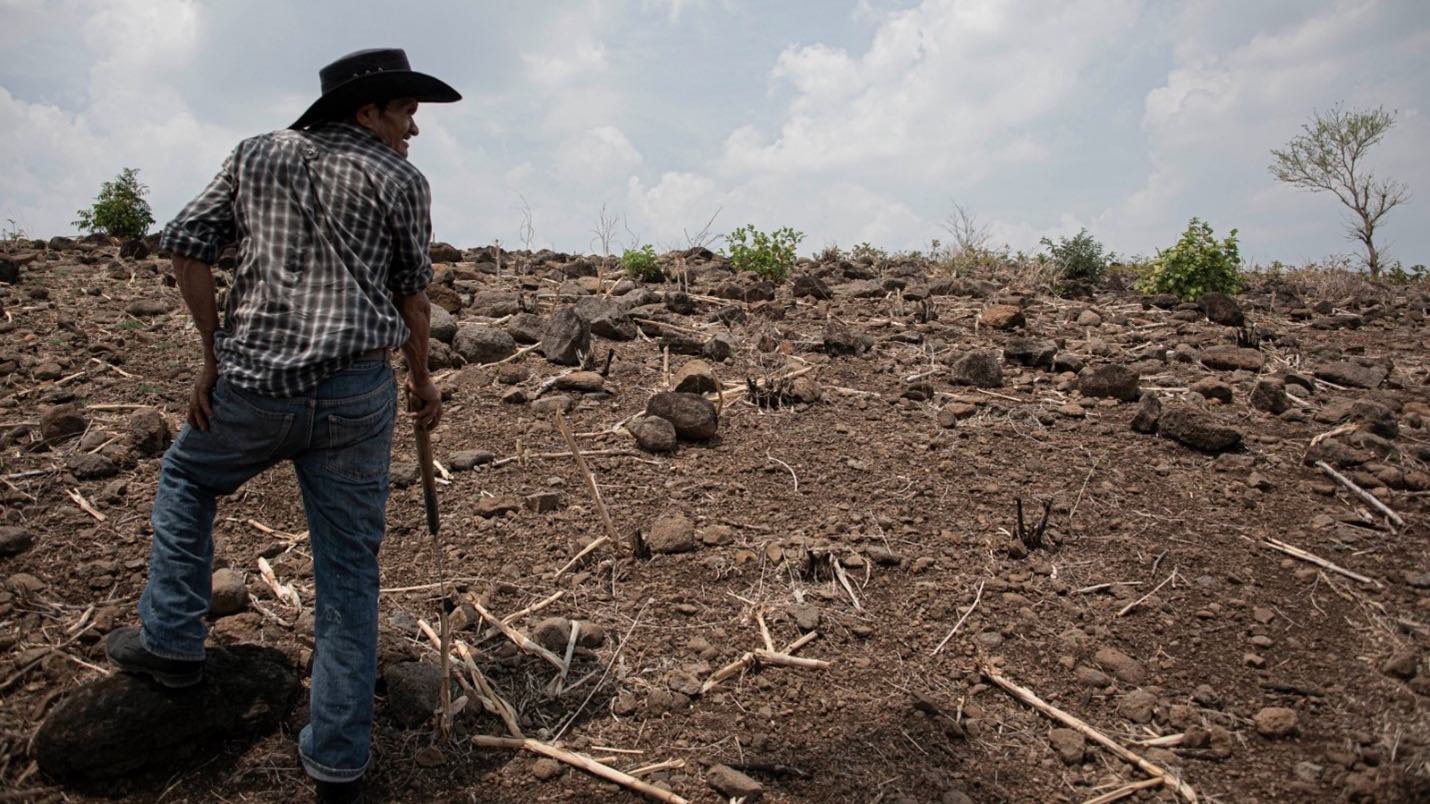Agricultural exports have been transformed in recent decades, moving away from bulk crops to focus more on processed food products and horticultural products. Worldwide, the share of bulk agricultural products in total agricultural exports fell from 25 percent to 17 percent between 1988 and 2014; during that same period, exports of horticultural products rose to 12 percent and exports of processed food products reached 71 percent. This change in the structure of world agricultural markets has created many new opportunities for exporters, jobs for workers and export earnings for countries.
In Africa south of the Sahara, the share of bulk goods in agricultural exports has also declined, from 60 to 42 percent, while the share of processed agricultural goods rose to 35 percent. However, the transformation of agricultural exports proceeded more rapidly in Africa than elsewhere in horticultural products, which accounted for 22 percent of African exports in 2014.
In an IFPRI Discussion Paper based on work commissioned by UN WIDER, we examine different policies that could help African countries speed up growth in exports of higher value products, such as horticultural crops and processed foods.
Preferential access into Africa’s largest market for agricultural exports, the European Union (EU), results in much lower tariffs on agricultural exports to the EU than on exports to other markets. Africa’s second-largest market for processed agricultural exports is other African countries, but these intra-African exports face tariffs more than 60% higher than those on comparable exports to the world as a whole.
The study finds that the cost of inputs needed to produce processed foods can be a substantial problem for farmers and firms wanting to enter more lucrative export markets. For example, high tariffs on intermediate inputs could reduce the returns to be gained from engaging in a processing activity, thus reducing firms’ incentives to invest in that activity. Policy makers could address this issue through tariff reforms or through the provision of duty exemptions for inputs used in the production of exportable goods.
Similarly, weak infrastructure, such as poor roads, can lead to high transportation costs and longer transit times. These obstacles can be particularly serious for production and marketing of perishable goods like fruits and vegetables. Investing in infrastructure can be an important channel through which policy makers can reduce costs and encourage higher-valued exports.
While these and other domestic policies are important determining factors in a country’s export growth, policies in that country’s trade partners are also important. Tariff escalation within value chains in trading partners remains a serious impediment to Africa’s exports of processed agricultural products. Removal of tariff escalation, by lowering tariffs on processed agricultural products in line with tariffs on bulk exports, would increase Africa’s exports of processed agricultural products by 115 percent. Unfortunately, such trade liberalization cannot be undertaken just by policy makers seeking to expand their exports. It will likely require continued use of regional and multilateral negotiations in which exporters from each country press for reciprocal market access.
Policy makers’ attention should not be limited to agricultural exports. Relying on exports of high-valued agricultural exports alone as an engine of export growth would be too limiting, particularly given that all agricultural products now only account for around 10 percent of exports from Africa. Increasing high-valued exports such as horticultural products and processed agricultural products could play an important role in future economic growth, however; and many of the reforms needed to stimulate these exports would similarly help encourage exports of other goods and services.
Policy makers should focus on creating a fiscal and regulatory environment that stimulates growth in a wide range of exports – both agricultural and non-agricultural – and that encourages entrepreneurs to identify new opportunities, some of which will become major success stories. In this way, exports in the region will be able to expand in ways that make best use of each country’s resources and skills.
Export growth plays a crucial role in overall development, especially by driving economic growth, creating jobs, and providing an importance source of foreign exchange. Understanding the constraints facing African exporters is vitally important if these constraints are to be alleviated and African to take advantage of the opportunities in the rapidly growing markets for high-value agricultural products.
Will Martin is a Senior Research Fellow in IFPRI’s Markets, Trade, and Institutions Division. Emiko Fukase is an Economist in the Development Research Group at the World Bank. This piece is based on work that is not yet peer reviewed.







